We are proud to be part of the Sustainable AI Futures project, a research project led by Bath Spa University, supported by the AHRC BRAID programme. The project explores the intersection of AI and environmental sustainability, including the social and political impacts of AI environmental governance tools.
Welcome to the Green Coding Solutions newsroom. Here we offer journalists, other multipliers and all interested parties access to our latest news and activities. You can also download the most important media materials, the latest articles in publications and upcoming events.
News
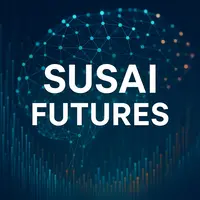

We are excited to announce that we are part of the CASO project, which is funded by the German Federal Environmental Foundation (DBU).
The CASO project aims to make software development more energy and CO₂ efficient. It integrates technologies directly into the development process to give developers transparency about their software’s energy consumption and CO₂ emissions. By combining measurements, data analysis, and AI-supported recommendations, developers can make informed decisions to create more sustainable software. The project intends to highlight optimization possibilities for configuration, algorithms, and operating system settings.
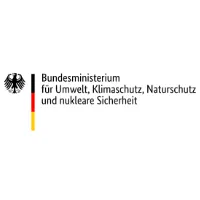
Our Green Metrics Tool was awarded the Blue Angel for software at a ceremony at the Federal Ministry for the Environment - making us the first open source energy and CO2 measurement tool to be awarded the eco-label.
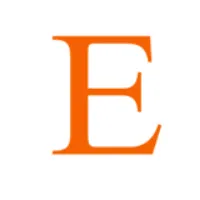
Our joint paper Development and evaluation of a reference measurement model for assessing the resource and energy efficiency of software products and components—Green Software Measurement Model (GSMM) from 12 groups of researchers and practitioners has been selected for the Spring 2025 Editor’s Choice award!
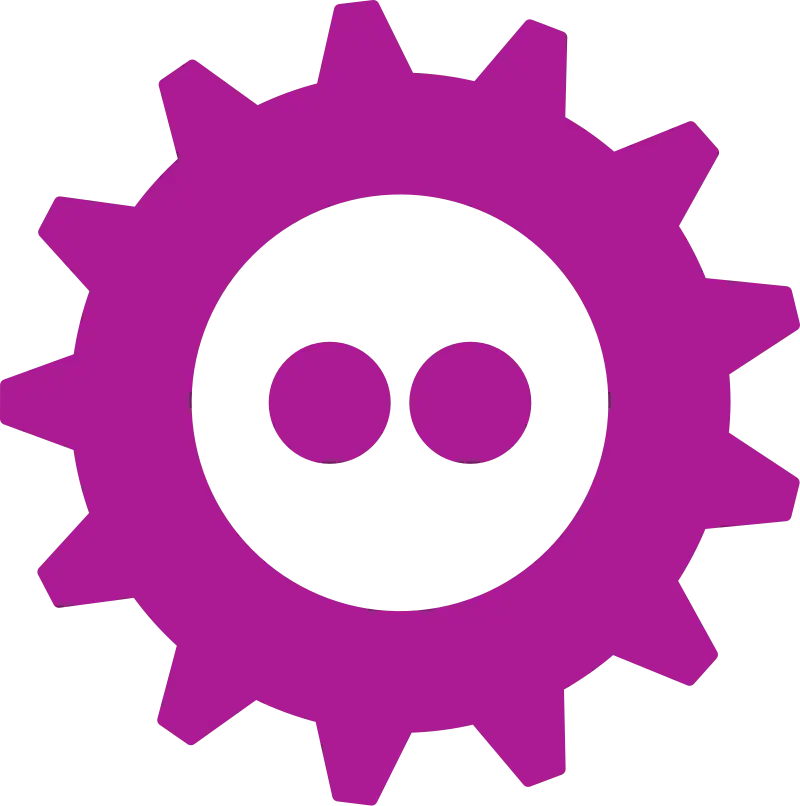
The environmental impact of software and hardware systems has become a pressing concern. While mainstream operating systems like macOS and Windows provide proprietary tools to analyze energy usage, Linux—the cornerstone of open-source computing—lacks comparable capabilities. To address this gap, we present PowerLetrics, an open-source framework enabling detailed, per-process energy footprint analysis on Linux systems.
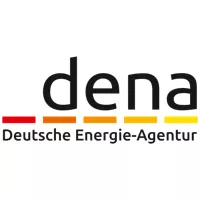
Our study in collaboration with Prof. Dr. Verena Majuntke from HTW Berlin and dena (German Energy Agency) has been published!
The content is the analysis and recommendations for action for politics, companies, research and civil society on how green coding can contribute to sustainable digitalization and reduced electricity consumption.
Us in the media
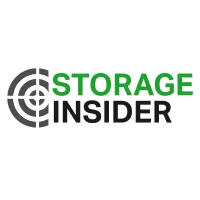
Storage-Insider.de
Award of the Blue Angel for Green Metrics Tool and Nextcloud
Storage-Insider.de reports on the awarding of the Blue Angel and quotes our statements: “If we want sustainable digital infrastructures, we have to look at the software. Nextcloud shows that efficient and transparent cloud applications are possible”

Tagesspiegel
In the Tagesspiegel background feature, our CEO Arne Tarara talks about the CO2 and energy costs of AI models and how to deal with them. how these are dealt with. Transparency is key to managing the risks properly.

Süddeutsche Zeitung
In the Süddeutsche Zeitung dossier entitled “Deep Dive: Initiative promotes focus on green coding” we are interviewed on our ambitons and goals with the Eco Compute 2024.
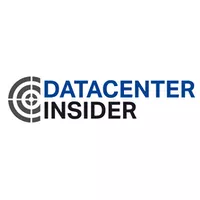
Datacenter-Insider.de
“Ecocompute: The devil is in the details”
Datacenter-Insider.de is giving a detailed Re-Cap on our Eco-Compute conference in 2024. Worth a read

Grüne-Startups.de
We were interviewed at Grüne-Startups.de about the content and concept of the Eco-Compute conference. Why is the approach with digital sustainability in hardware and software so unique and what are our goals for April.

e-tailment
In the e-tailment feature, we talk about green coding, especially in online stores. Where leverage points are, but also new approaches to stand out from the competition with a sustainable and CO2-conscious store.
Publications
ICSE
The increasing energy consumption of software and hardware systems has become a significant concern due to its environmental impact and operational costs. While operating systems like Windows and macOS have proprietary, undocumented energy analytics functionality, this feature is still lacking in Linux. In this paper we introduce PowerLetrics, an open-source framework designed to monitor and analyze power consumption metrics on a process level on Linux.
PEACHES - Dagstuhl Seminar 24351
This talk explores best practices and challenges in measuring software energy consumption, highlighting limitations of tools like Intel RAPL and the Gude Power Meter, and stressing the importance of consistent test conditions, CPU settings, and automated validation. It provides practical advice on specialized operating systems, sampling intervals, and network traffic, aiming to improve green coding practices and reduce software’s environmental impact.
arXiv
The environmental impact of software is gaining increasing attention as the demand for computational resources continues to rise. In order to optimize software resource consumption and reduce carbon emissions, measuring and evaluating software is a first essential step. In this paper we discuss what metrics are important for fact base decision making. We introduce the Green Metrics Tool (GMT), a novel framework for accurately measuring the resource consumption of software. The tool provides a containerized, con- trolled, and reproducible life cycle-based approach, assessing the resource use of software during key phases. Finally, we discuss GMT features like visualization, comparability and rule- and LLM-based optimisations highlighting its potential to guide developers and researchers in reducing the environmental impact of their software.
Future Generation Computer Systems
Conference publication at HotCarbon 2024 - We present a paper to reduce the energy consumption of LLM inference by using specialized open source models selected by a classifier beforehand.
Future Generation Computer Systems
Veröffentlichung in Future Generation Computer Systems - Das Green Software Measurement Model integriert Ergebnisse von 12 Gruppen von Forschern und Praktikern. In unserem Teil beschreiben wir, wie professionelle Energie- und CO2-messungen mit modernen container-nativen Open-Source-Werkzeugen durchgeführt werden können.
EnviroInfo Conference Proceedings 2023
Publication in the GI conference proceedings of EnviroInfo 2023 - Software Life Cycle Assessment (SLCA) is gaining attention for its environmental impacts in production, deployment, usage, and disposal. Unlike LCA for physical products, SLCA is still evolving in software.